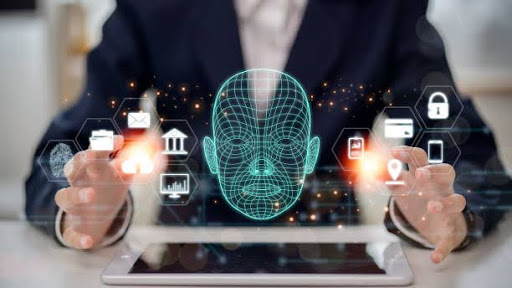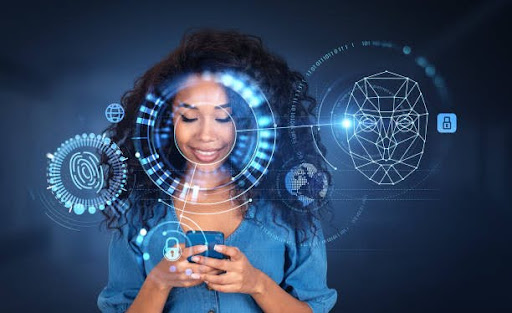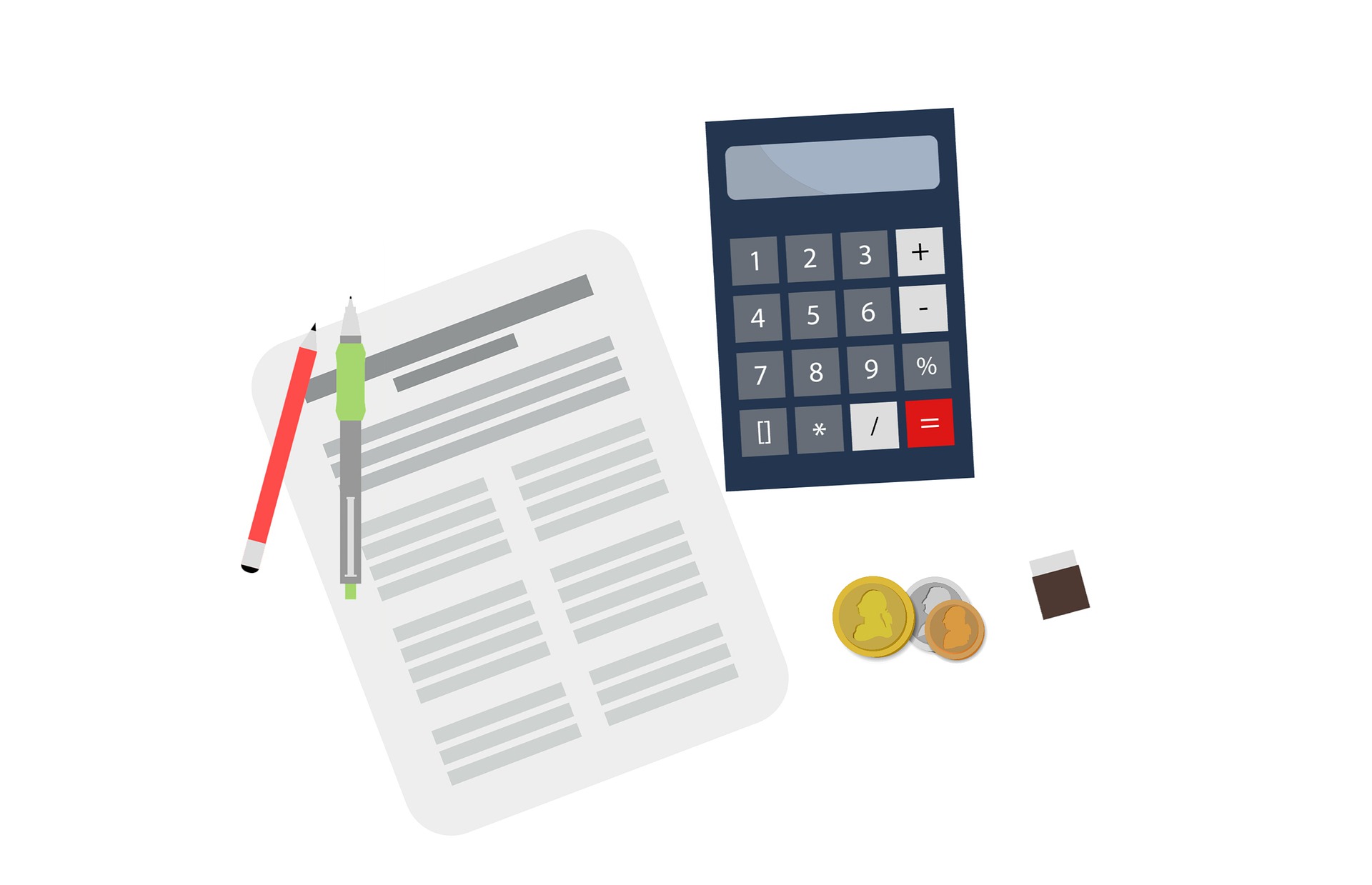In today’s fast-moving digital world, Facial Recognition is more than just a way to unlock your phone. It’s changing how we shop, travel, bank, and even enjoy entertainment. Powered by Artificial Intelligence (AI), this once-futuristic technology is now a practical solution in industries like Fintech and Entertainment—offering speed, security, and convenience like never before.In this article, we’ll break down what facial recognition is, how it works, and how it’s transforming key industries with real-world examples and data-backed insights.
What is Facial Recognition and How Does It Work?
Facial recognition is a biometric technology that uses AI to identify or verify individuals based on their facial features.
Here’s how it works:
Image Capture: A photo or video of a face is taken using a camera.
Detection: The system detects the face in the image and isolates it.
Feature Extraction: It maps facial features (like eye spacing, jawline, cheekbone structure) and converts them into data points called a faceprint.
Matching: The faceprint is compared against a database to find a match.
Thanks to AI, facial recognition is now capable of identifying people even with changes in lighting, facial hair, or angles.
Facial Recognition in Security & Public Safety
One of the earliest and most impactful uses of facial recognition is in public safety. Governments and law enforcement agencies use it to:
- Monitor surveillance footage in real-time
- Track down suspects or missing persons
- Secure border and airport entry points
For example, China uses facial recognition at airports and train stations to speed up identity checks, while the FBI in the U.S. runs a facial recognition database with over 640 million images to assist in criminal investigations
AI in Fintech: Facial Recognition for Secure Transactions

As financial services shift to digital platforms, security is a top concern. Facial recognition, powered by AI in fintech, is offering banks and financial apps a more secure and user-friendly alternative to passwords or PINs.
Use Cases in Fintech:
KYC (Know Your Customer) processes now use face scans to verify identities remotely.Facial recognition helps detect fraudulent account access or identity theft.Apps like Bank of America and Wells Fargo now support facial login options for faster access.HSBC integrated facial recognition into their mobile app in China, allowing users to authorize payments with a face scan, reducing transaction time by 60%.
AI in fintech not only improves security but also enhances customer experience by removing the need for passwords or physical documents.
AI in Entertainment: Personalization & Immersive Experiences
Facial recognition has also made its mark in the world of AI in entertainment. From video games to movies, this technology is enhancing how we create, consume, and interact with content.
Real-World Examples:
Netflix and Disney use facial recognition data to analyze viewer emotions and personalize recommendations.Deepfake Technology, powered by facial recognition and AI, is being used in Hollywood to recreate younger versions of actors or resurrect deceased ones.Gaming companies like Sony and Xbox are exploring facial tracking to allow players to control characters using facial expressions.
Example: The game L.A. Noire used facial capture tech to record actors’ expressions and deliver ultra-realistic character movements—blurring the lines between real and digital.
In live events, facial recognition helps:
- Speed up check-ins
- Identify VIP guests
- Enhance security at concerts and sports venues
Challenges: Privacy, Bias, and Ethical Concerns
Despite its many benefits, facial recognition is not without controversy.
Major Concerns:
- Privacy: People fear being watched without consent.
- Bias: Studies have shown that some facial recognition systems are less accurate for people with darker skin tones.
- Misuse: There’s potential for surveillance abuse in both public and private sectors. In 2020, companies like IBM, Microsoft, and Amazon paused or restricted facial recognition programs due to concerns over racial bias and misuse by law enforcement.
To address these issues, governments and tech companies are working on regulations and ethical standards to ensure facial recognition is used responsibly.
The Future of Facial Recognition: Smarter, Faster, Safer
With AI evolving rapidly, the future of facial recognition looks even more promising. Here’s what we can expect:
- Emotion Recognition:Detect moods to personalize digital experiences.
- Contactless Retail: Pay with your face at stores—already in use at Alibaba’s “Smile to Pay” terminals in China.
- Healthcare Integration: Track patient emotions and monitor mental health.
- Secure Voting: Some countries are experimenting with facial ID voting systems.
Forecast: Gartner predicts that by 2026, 25% of digital workers will use facial recognition to log into workplace systems securely.
Key Takeaways
- Facial recognition uses AI to identify individuals through facial data, with applications in fintech, entertainment, and public safety.
- In the AI in fintech space, it enhances security, speeds up customer onboarding, and prevents fraud.
- In AI in entertainment, it enables personalized experiences, digital characters, and emotion analysis.
- While it brings efficiency and convenience, it also raises concerns about privacy and bias, which must be addressed through ethical guidelines and regulation.
🚀 Call to Action: What’s Your Take on Facial Recognition?
Facial recognition is shaping the future of technology—right before our eyes. Whether it’s in your mobile banking app or your favorite streaming platform, this AI-powered innovation is here to stay.
What do you think?
- Would you feel comfortable using facial recognition for banking or voting?
- Do you believe it should be more regulated?
- How do you see it evolving in your industry?









